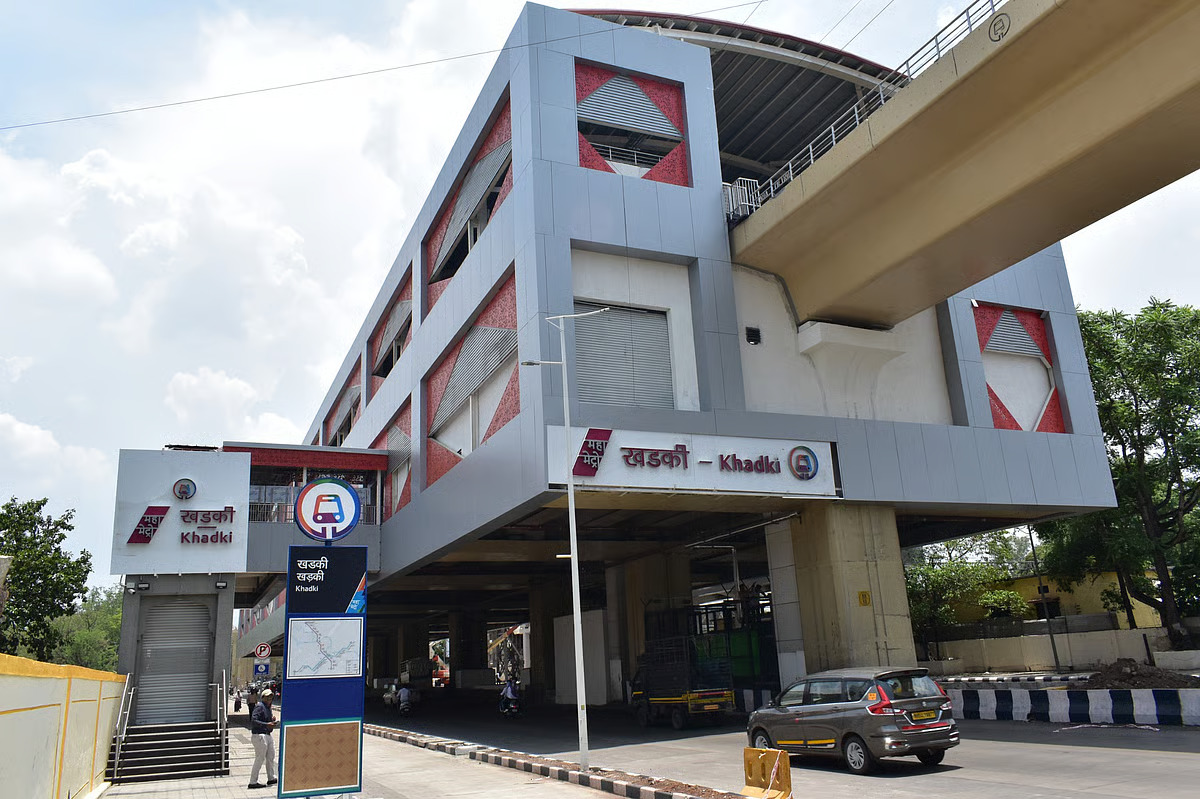Hinjawadi, a pivotal IT hub in Maharashtra, is at the heart of a contentious debate, with its Sarpanch and local residents vehemently opposing a proposed merger with the Pimpri-Chinchwad Municipal Corporation (PCMC). This resistance primarily stems from grave concerns over a projected surge in property taxes and a perceived history of civic neglect in areas previously integrated into the PCMC. The unfolding situation highlights critical challenges in fostering truly sustainable, eco-friendly, gender-neutral, and equitable urban development in rapidly expanding metropolitan regions.
The core of the villagers’ opposition lies in the substantial financial burden an amalgamation would impose. Currently, residents within the Hinjawadi Gram Panchayat pay a property tax of ₹4.50 to ₹5 per square foot. A merger with PCMC, however, would escalate this rate dramatically to an estimated ₹18 to ₹20 per square foot, a fourfold increase that local residents deem untenable. Hinjawadi Sarpanch Ganesh Jambhulkar underscored that while the IT workforce commutes from other parts of Pune, the increased tax directly affects the local populace, who are the permanent inhabitants and stakeholders of these burgeoning areas. This economic disparity underscores a fundamental challenge in designing urban growth that does not disproportionately burden existing communities.
Jambhulkar also vehemently argues that a mere merger will not resolve persistent civic issues such as chronic waterlogging and debilitating traffic congestion. He posits that the genuine solution lies in establishing clearer accountability for officials tasked with delivering basic services. This critique extends to the Maharashtra Industrial Development Corporation (MIDC), which reportedly collects 50% of the tax revenue from Hinjawadi and its adjacent villages. Jambhulkar asserts that if these funds were appropriately utilised for enhancing civic facilities, the recurrence of problems like waterlogging would be significantly mitigated, pointing to a systemic failure in revenue allocation and public service delivery.
The historical precedent of other village inclusions within the PCMC further fuels Hinjawadi’s skepticism. Jambhulkar highlighted the cases of Wakad and Mahalunge, which were integrated into PCMC in 1997. He noted that it took a staggering 15 years for development projects to commence in these areas, and even by 2025, fundamental civic issues like road quality, traffic flow, and overall infrastructure woes remain largely unresolved for their residents. This long gestation period for improvements, coupled with existing deficiencies, reinforces the local community’s apprehension about the effectiveness and equity of large-scale municipal integrations, questioning if such mergers genuinely lead to sustainable urban improvements.
In response to these deep-seated concerns, Sarpanch Jambhulkar revealed that memorandums advocating for a separate municipal council for Hinjawadi and its neighbouring villages have been submitted to both the previous and current Chief Ministers of Maharashtra. This proposal reflects a desire for greater local autonomy and more responsive governance, tailored to the unique needs of this economically vital yet infrastructurally challenged region. A Gram Sabha is scheduled to empower local members to collectively decide on the merger, underscoring the democratic process and the importance of community consensus in shaping urban futures.
The standoff in Hinjawadi symbolises a broader tension in India’s rapid urbanisation between top-down administrative expansions and bottom-up community aspirations. For Pune to truly embody the principles of a zero-net carbon, eco-friendly, and equitable city, its growth must be inclusive and sensitive to the financial and infrastructural realities of its diverse components. The concerns raised by Hinjawadi’s residents serve as a critical reminder that effective urban planning requires not just grand visions but also meticulous attention to local accountability, transparent resource allocation, and genuine community participation to ensure sustainable and just development for all.
Also Read: Delhi rolls out 45‑point Yamuna revival plan over two years


